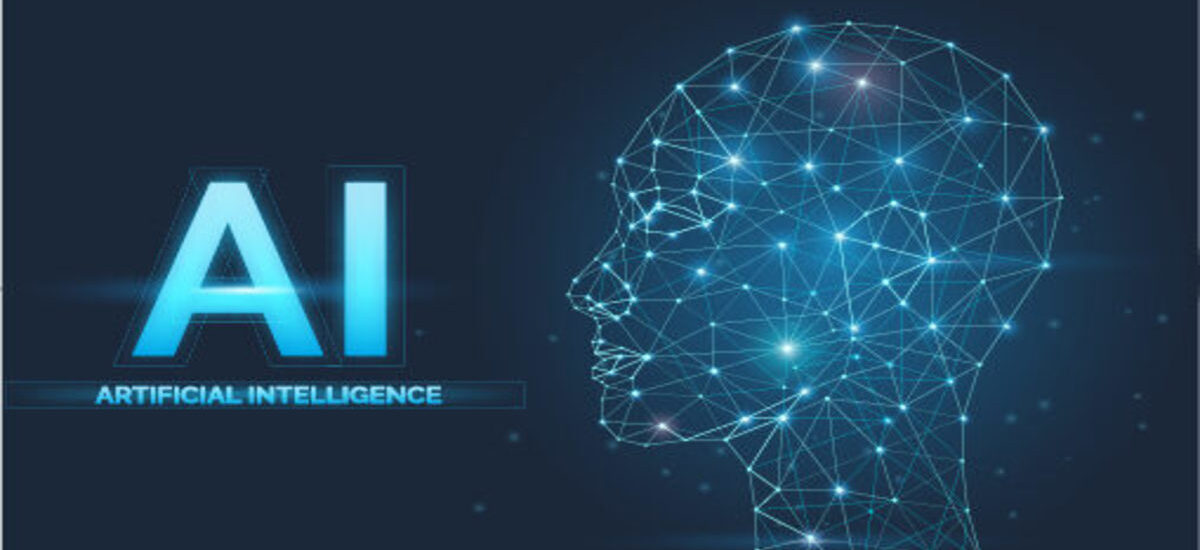Introduction
Humans and machines have forged a long-lasting relationship with each other. The trustworthy relationship between humans and machines driven by compromise. This compromise is what we like to call benevolent artificial intelligence. The expectations and desire of humans to make artificial intelligence most trustworthy is another facet of benevolent artificial intelligence. Benevolent AI is one of the least explore domains of machine intelligence. As such, there is hardly an AI course that deals with the wide prospects of benevolent AI.
Exemplifying benevolent AI
Let us understand benevolent artificial intelligence through an example. In the future, a large fleet of cars would driven by artificial intelligence. Self-driven cars would seen plying on the roads. There would also a minority of cars that would driven by humans. Let us consider a situation where a self-driven car with no human inside it is trying to overtake a human-driven car on a highway. After overtaking, the self-driven car meets with an accident. Had there been a human inside, we would have hurried to save him. The question that arises here is whether we would show the same amount of concern and kindness to the self-driven car as well. This is what benevolent artificial intelligence talks about.
A cooperative machine society
A survey was conducted by a research team at the University of London in which they investigate. Wether humans would provide the same amount of cooperation and trust to machines driven by artificial intelligence as they show with other humans. This study conducted in a lane with busy traffic. The research question under investigation was the response shown by a human-driven car to a self-driven car. It was found that humans showed a lot of respect to cars driven by other humans in a cordial way. The research team witnessed sudden changes in human behavior while overtaking a self-driven car. The investigation primarily revolved around the reason due to which humans showed a different kind of behavior towards self driven cars.
Will machine society be a slave society?
It is a known fact that humans have been exploiting the machine to the pulp without any sort of guilt. This has been the order of the world since the advent of the industrial revolution. But digital machines that powered by artificial intelligence are different. Blessed with cognitive capabilities and advanced semantics, machines have dubbed as the real companions of humans in the present time. As per a study published in the journal iScience, it concluded that humans showed a trust deficit with machines as compared to fellow beings.
This is because the cognitive capabilities of machines often questioned irrespective of the level of advancement they attain. In a time when we are moving towards superhuman intelligence, machines may achieve great thinking power on their own. So, this may bridge the trust deficit between the man and the machine in the AI society and give rise to a newfound harmonious relationship with machines.
The cons of benevolent AI
Artificial intelligence systems have often been unethical and the number of cases and case studies in this domain is just phenomenal. For instance, we may consider the example of a self-driving car once again. Stuck in a dilemma, such a car may have to decide in a contingency situation or accident. Let us suppose that such a car has to decide between hitting a man with a helmet on the right and a pedestrian on the left as there is no other way forward. This is where the ethics of AI course becomes questionable.
Another discussion arises around the autonomous decision-making power of future robots. If a robot makes a decision on its own that is not according to the choice of its owner, it may affect the otherwise cooperative relationship between the two.
Concluding remarks: The future of benevolent AI
Soon, we may expect the unification of humans and machine intelligence to discover new pathways towards an autonomous society. In such a society, we would be able to unravel the power of artificial intelligence for treating some of the most pressing problems. These include the power of artificial intelligence for solving the mysteries of disease and the handling of the complexities of autonomous systems. We may also expect benevolent AI to become more empathetic than ever before. Indeed, this would become possible when a high level of advancement is attained in comprehending the human-machine interactions.









